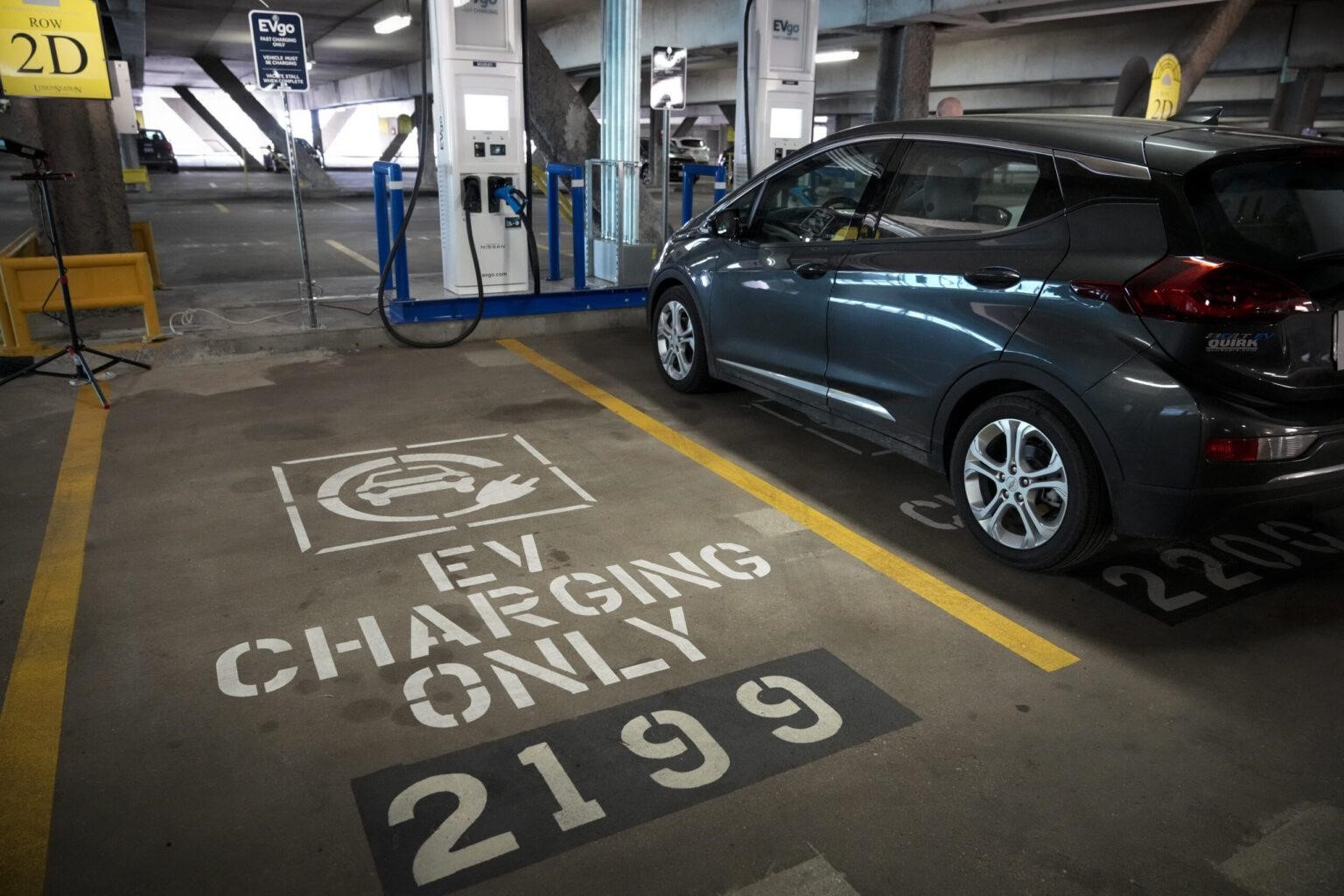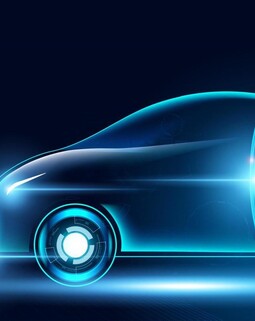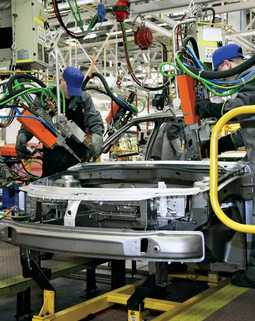In a significant move towards sustainable transportation, Bouaké, the second-largest city in Ivory Coast, has launched its first electric vehicle (EV) charging station. This milestone is a major step in the country's efforts to promote electric mobility and reduce carbon emissions. The introduction of this charging point is expected to catalyze the adoption of electric vehicles in Bouaké and beyond, contributing to a greener and more sustainable future for the region.
The New Charging Station: A Gateway to Electric Mobility
The newly inaugurated charging station in Bouaké is strategically located to serve the city's growing population and its increasing interest in electric vehicles. As the first of its kind in the city, the station represents a crucial piece of infrastructure that will enable the widespread use of EVs. Equipped with modern technology, the charging point offers fast charging capabilities, ensuring that electric vehicles can be powered up efficiently and quickly.
The station is part of a broader initiative to develop the necessary infrastructure to support electric mobility across Ivory Coast. The government's commitment to expanding EV infrastructure is evident in this project, which is expected to pave the way for additional charging stations in other major cities and along key transportation routes in the country.
Impact on Bouaké's Urban Development
The introduction of an EV charging station in Bouaké is not just a win for the environment; it also represents a significant advancement in the city's urban development. Bouaké, known for its dynamic economy and strategic location, is positioning itself as a leader in the transition to sustainable transportation. The availability of charging infrastructure is likely to encourage more residents and businesses to invest in electric vehicles, which, in turn, will reduce the city's reliance on fossil fuels and decrease air pollution.
Moreover, the charging station is expected to have a positive economic impact on the city. As electric vehicles become more popular, related industries such as EV maintenance, battery recycling, and renewable energy production are likely to see growth, creating new jobs and opportunities for local businesses.
A Step Towards National Sustainability Goals
Ivory Coast has set ambitious goals for reducing carbon emissions and promoting renewable energy. The establishment of the charging station in Bouaké aligns with these national objectives, signaling the country's dedication to addressing climate change and fostering sustainable development. The government has recognized the potential of electric vehicles to play a crucial role in reducing the nation's carbon footprint and is actively supporting initiatives that promote clean energy and sustainable transportation.
This project is part of a broader effort to modernize Ivory Coast's infrastructure and create a more sustainable economy. By investing in electric vehicle infrastructure, the country is taking proactive steps to ensure that it remains at the forefront of environmental innovation in Africa.
Looking Forward: The Future of EVs in Ivory Coast
The success of Bouaké's first charging station will likely influence the rollout of similar projects across Ivory Coast. As the demand for electric vehicles grows, so too will the need for a network of charging stations. The government, in collaboration with private sector partners, is expected to continue expanding this infrastructure, making electric vehicles a viable and attractive option for more citizens.
In the coming years, we can expect to see a significant increase in the number of electric vehicles on the roads of Ivory Coast, driven by the availability of charging stations like the one in Bouaké. This shift towards electric mobility will not only help to protect the environment but also position Ivory Coast as a leader in sustainable development in West Africa.
Conclusion
The inauguration of the first electric vehicle charging station in Bouaké marks a pivotal moment in Ivory Coast's journey towards sustainable transportation. As the city embraces this new technology, it sets an example for the rest of the country and the region, demonstrating the benefits of investing in clean energy infrastructure. With continued support and expansion, Ivory Coast is poised to become a regional leader in electric mobility, contributing to a greener and more sustainable future for all





